How to invest money in forex? If you are thinking about starting a career in the Forex market, then make sure to read this article. It will help you get started with the basics of Forex trading.
After reading this article you will be able to answer questions like: What exactly is the world of foreign exchange? How does Forex actually work? How much cash do I need to start trading on the Forex markets?
Or maybe even more, it is best to read the article for yourself. I’ve been a Forex trader for quite some time and now I want to share my knowledge with you.
Buying and trading currency can be an intimidating industry, but I assure you that it’s not as difficult as it may appear, especially if you know what to look out for. I’ve created this guide in hopes of helping you make a better judgment call when “exchanging currency”.
Whether you’re looking to learn how to invest money in forex for the first time, or if you’re a seasoned investor who is just looking for a few easy tips, there is plenty of useful information in this post.
If you have just decided to invest in Forex, you might be wondering how much money you should invest. There are several factors that affect the amount you should start out with. Let’s go over them now.
Keep in mind
- How to invest money in forex?
- Understand what forex trading is
- Choose a reliable and regulated broker
- Begin practicing with a demo account
- Know your currency pairs
- Invest little amount of money first
- Control your feelings and emotions
- Be patient and flexible
- Consider your plan A and plan B

How to invest money in forex?
There are many ways to invest money in forex. The most common way is to buy and sell currencies directly from a broker. If you want to do this, you will have to open an account with a broker, which can be done online.
You will then have to fund your account with the amount of money that you wish to invest in forex. Once this is done, you can start trading currencies.
The most common way to trade currencies is by buying them at one price and selling them at another. For example, if you buy one euro for $1.35, and then sell it for $1.38, then your profit would be $0.03 per euro traded (because you bought at $1.35 and sold at $1.38).
If you have more than one currency pair open at the same time (e.g., EUR/USD) then your profit or loss on each individual position may vary due to fluctuations in the exchange rate between those two currencies over time (e.g., EUR/USD might go up but GBP/USD might go down).
A forex trader is not confined to just one pair of currencies, but may trade several at once. This can be done by opening multiple positions in different pairs, or by trading one pair against another (e.g., EUR/JPY and USD/JPY).
The advantage of trading multiple pairs is that it allows you to take advantage of price changes in multiple markets. However, this also increases risk because losses on one position can offset gains on another.
The first step is to open a forex trading account with a licensed broker. You can do this by visiting the website of your preferred broker and clicking on the ‘Open an Account’ link on their homepage.
This will take you through a series of steps, including filling out an application form, providing proof of identity and residence, and making an initial deposit into your account. Once your account has been approved and funded, it’s time for some basic training!
The next step is to learn about how currencies are bought and sold. To do this, we’ll use currency pairs as an example: EUR/USD means European Union (EU) Euro versus US Dollar (USD). To buy a currency pair means buying one unit of currency with another unit of currency:
if you buy 1 EUR/USD contract then you are buying 100 Euros with $100 USD; if you sell 1 EUR/USD contract then you are selling 100 Euros for $100 USD. The price of each contract depends on where the exchange rate stands at that point in time; this is known as the market price.
The exchange rate between two currencies changes all the time depending on what happens in the world economy. For example, if the EU economy is growing faster than the US economy then investors will want to invest in EU companies and assets.
This will drive up demand for the Euro which will mean that it becomes more expensive compared to other currencies such as the USD. When this happens we say that there has been an appreciation of the Euro against the USD (i.e., “appreciation” means that something has gone up).
Read more articles: Forex Trading Basics Rules
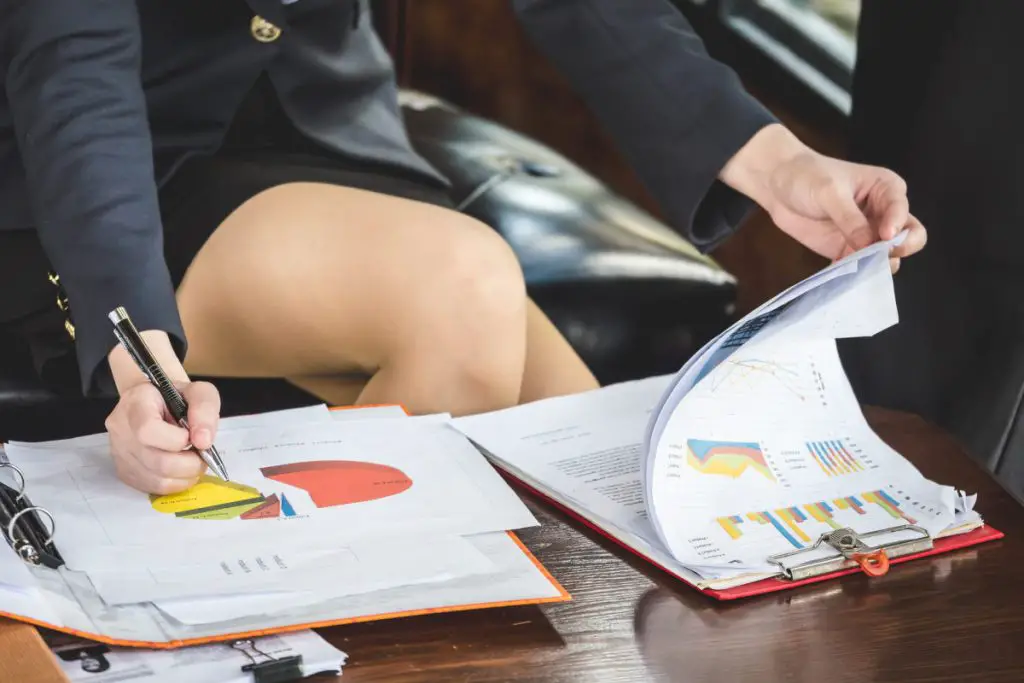
Understand what forex trading is
Forex (or FX) is the largest financial market in the world. It represents a global market where buyers and sellers trade currencies. The currency you see on your bank statement is the local currency, which is the only one that most people will ever see in their lifetime.
For example, if you are in Canada, you will see Canadian dollars on your bank statement. If you travel to the USA, however, then you might see American dollars on your bank statement instead of Canadian dollars.
The reason why we have different currencies is because each country has its own central bank which controls monetary policy and sets interest rates. When interest rates are high.
It makes sense for investors to invest their money internationally rather than keep it in their home country because they can earn more money elsewhere with higher returns on their investment.
When interest rates are low (or negative), this means that people are more likely to hold onto their money instead of investing it elsewhere because there are no real benefits from doing so.
Currency pairs represent two currencies against each other for example: Euro vs Dollar or Yen vs Dollar or Pound vs Dollar (GBP/USD). The dollar is considered as the base currency because it has more liquidity than any other currency pair out there (hence the higher transaction volume).
In forex trading, you can trade on any currency pair available in the market. You can trade currencies against each other or even any other asset class like commodities, bonds and stocks.
You can trade long (buy) or short (sell) on a currency pair by placing an order with your broker. When you buy a currency pair, you are hoping that its value will increase while if you sell it, then you are betting that its value will decrease.
The most common way to trade forex is through CFDs which stands for Contracts For Difference and they act just like stocks but without all the paperwork involved with buying shares of a company.
Read more articles: Download Forex Profit Supreme

Choose a reliable and regulated broker
When it comes to choosing a broker, you will find that there are many different options. However, not all brokers are created equally. Some may offer better trading conditions than others, but the most important thing is to find a broker that is regulated and reliable.
A regulated broker means that the company has been approved by a national or international regulatory body. This gives you peace of mind knowing your money is in safe hands and that your personal details are protected from any fraudulent activity.
The following are some things you should look at when choosing a regulated broker:
Company registration number: This indicates that the company has been registered with its respective government authority. You can verify this online by searching for the company registration number on Google or by contacting them directly via email or phone call.
Financial status: Find out how long they have been in business, what their financial status is like and how much capital they have available for trading purposes (this will help you determine whether they have enough money to pay out when you win).
The best broker I will recommend to you today is called BDSwiss. BDSwiss is a forex broker that offers a wide range of trading options, including spot trading and CFD trading.
The company was established in 1999, and has since grown to become one of the most well-known names in the industry. BDSwiss was founded by BDS Trading Ltd., which still runs the company today.
Read more articles: Accounting for Foreign Exchange Swap
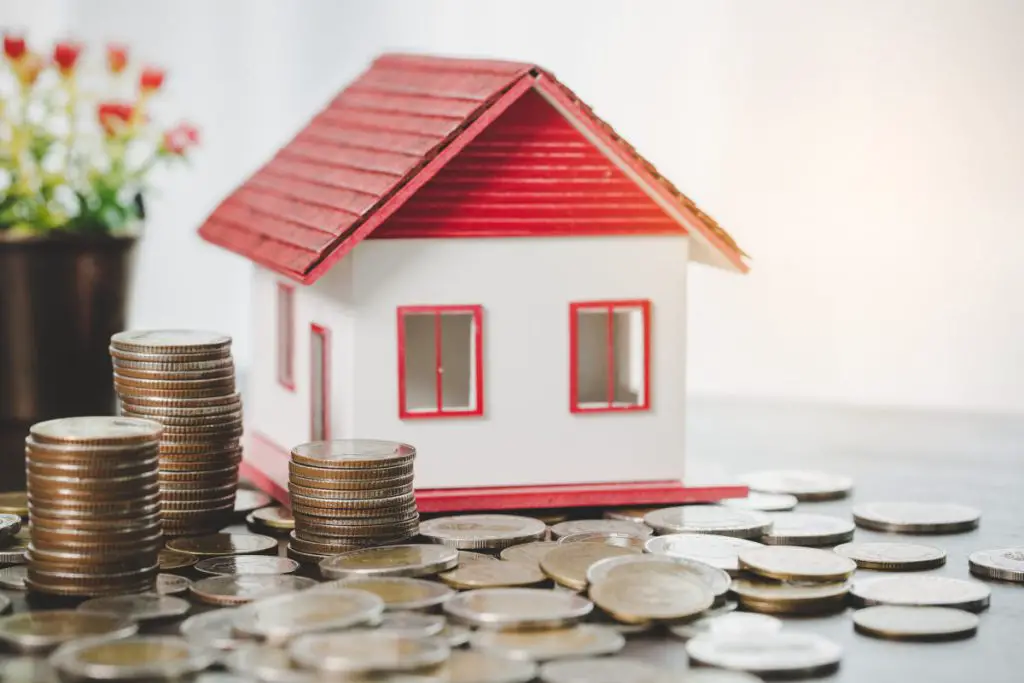
BDSwiss forex broker review
BDSwiss is a global forex broker that offers a variety of products and services for both retail traders and institutional clients. The company has more than 1,000 employees across its various offices around the world.
BDSwiss was founded in 1999 by two brothers who were passionate about financial markets. They started out with just $100 USD capital and now operate under a Gibraltar license with headquarters in Zurich, Switzerland.
BDSwiss has over 200 employees working at their headquarters office in Zurich, Switzerland as well as 100 employees working from their New York office in the United States. They also have offices in London, Dubai (UAE), Hong Kong, Shanghai (China) and Sydney (Australia).
Read more articles: Create Your Own Forex Robot
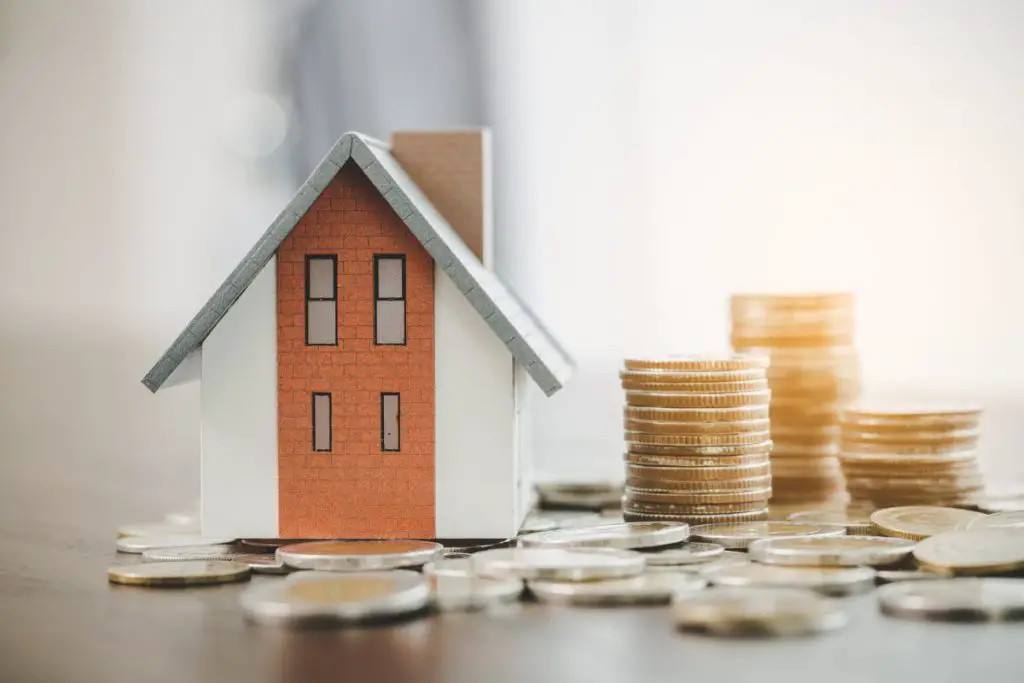
Begin practicing with a demo account
Start small and learn the basics of trading. You should practice trading with a demo account before you commit to real money. Demo accounts are free to use and can be set up in minutes. Some brokers even allow you to trade with fake money so that you can get accustomed to their platform without risk.
Start small: Start with $100 or less, and try to increase your holdings over time as you become more confident in your ability to manage risk.
Don’t get greedy: Don’t risk more than 5% of your portfolio on any one trade. If you are wrong, it’s better to have lost only 5% of your capital rather than all of it! Don’t chase losses: If a trade goes bad, cut your losses quickly and move on to something else.
A demo account allows you to trade stocks, ETFs and options without using real money. You can use the various tools to learn about different strategies, watch how they work, and get a feel for different markets.
A demo account is also a great way to practice without losing any money. If you’ve never traded before or if you’re just getting started in the market, you’ll want to start off slow and make sure that you understand what you’re doing before investing real money into your trades.
You’ll be able to see how different strategies work, how much risk they involve and how much profit potential they have before risking any of your own money on them.
Read more articles: Why is There Swap in Forex?
Want to learn how to trade forex? Click here!
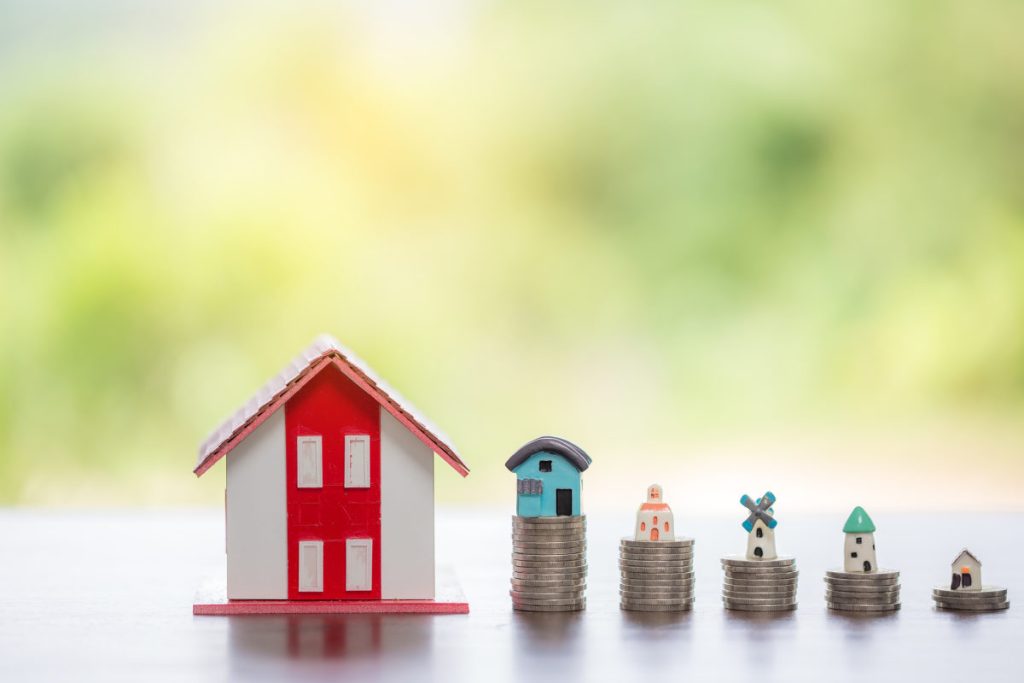
Know your currency pairs
The forex market is the largest and most liquid market in the world. This makes it an ideal market for speculators. The forex market is open 24 hours a day, five days a week (from 5 pm EST on Sunday until 4:30 pm EST Friday).
Every currency pair has a base currency and a counter currency. The base currency is always quoted first in the pair. For example, EUR/USD means that one euro trades for $1.00, so it takes 100 euros to buy one U.S. dollar (EUR/USD = 1.0000).
The most common currency pairs are:
EUR/USD — Euro vs U.S. Dollar
GBP/USD — British Pound vs U.S. Dollar
USD/JPY — U.S Dollar vs Japanese Yen
AUD/USD — Australian Dollar vs U.S. Dollar
NZD/USD — New Zealand Dollar vs U.S. Dollar
USD/CHF — U.S Dollar vs Swissfranc
USD/CAD — U.S Dollar vs Canadian dollar
The Forex market encompasses all of the currencies of all countries in the world, which can be traded for profit at any time by speculators. In order to trade on any currency pair, you must first have an account with a Forex broker.
Once you have an account, you will need to deposit money into your account before you can start trading. You can then choose from many different types of contracts for difference (CFDs) or forex spreads betting products.
Currency pairs are used by traders around the world to speculate on changes in the value of a currency against another currency or against other assets such as gold or oil. It is important for traders to understand each currency pair’s unique characteristics before they begin trading them.
Read more articles: Will Forex Trading Ever Stop?

Invest little amount of money first
Invest small amounts of money first. It’s important to invest as soon as possible to get on the right track with saving and investing. However, it’s also important not to invest too much money at once.
If you have $5,000 or more that you want to invest, take a portion of it and try out some of your investments before putting more money in. This way, if you don’t like the results or find that the investment isn’t well-suited for your goals, you won’t lose much money.
Investing too much money at once can be risky because there’s no guarantee that an investment will work out. If something goes wrong with one investment, it can affect the rest of your portfolio and leave you in a difficult situation.
If you’re just starting out, it’s best to start slow and invest in a variety of different investments. This will help you build up confidence and experience so that you know what works for you and what doesn’t.
Investing is really important, but the fear of investing can be overwhelming. A lot of people have this fear that they’ll lose everything they invest, but that doesn’t have to be the case.
One way to get over this fear is by making small investments first and then increasing them later on.
The idea behind this is simple: You start with a small amount of money so you don’t feel as much pressure if things go wrong. If it works out well, then you can increase your investment in the future.
If it doesn’t work out well, then you only lose a small amount of money; it’s not like you’re going to go bankrupt because of it or anything like that!
Read more articles: Can Forex Trading be a Business?
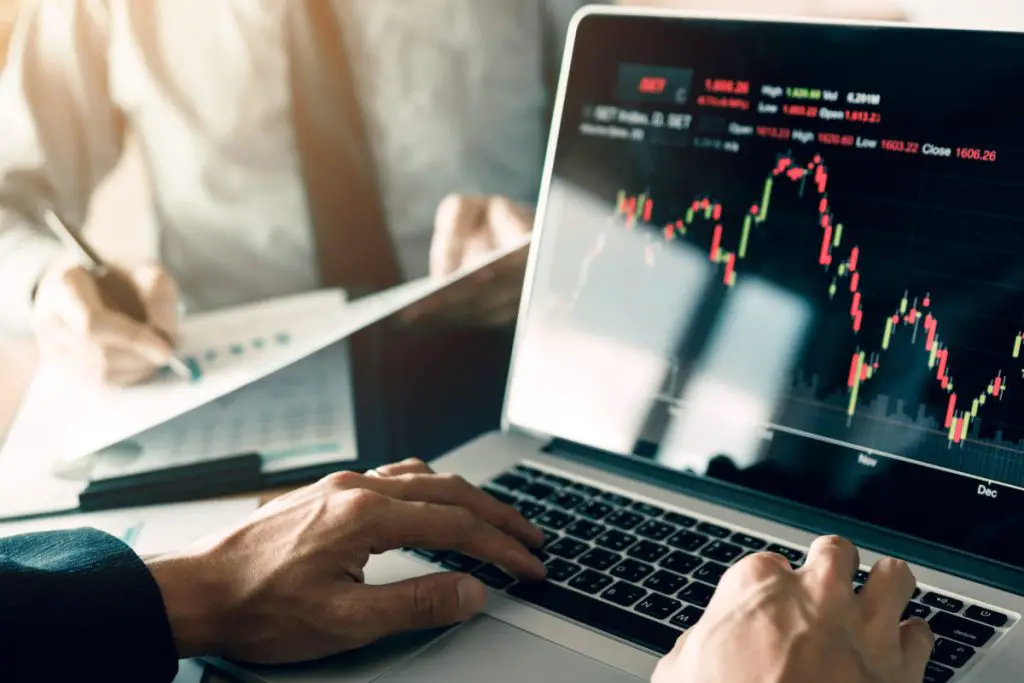
Control your feelings and emotions
If you want to trade forex, you have to control your feelings and emotions. Forex trading is a business, and emotions should not interfere with your decisions.
The most important thing when trading forex is to control your feelings and emotions. This is especially true if you are a beginner because you might be tempted to buy or sell based on emotions such as fear or greed.
If you want to succeed as a trader, then you must learn how to control your feelings and emotions so that they do not affect your decision-making process.
It is important not only for beginners but also for experienced traders who want to make money from the financial markets.
Trading is a serious business and it can be extremely difficult to control your feelings and emotions. If you’re going to be successful at trading, you need to be able to separate your emotions from the situation at hand, especially when it comes to making decisions.
There’s nothing wrong with having feelings and emotions, but they should not affect your decision-making process.
If you’re feeling excited about a trade or angry at another trader who has taken advantage of you in the past, then you need to step away from the computer for a few minutes. You need time to think about what’s going on and get your emotions under control before making any type of decision.
It can be very easy for traders to get caught up in their own feelings and emotions during trading sessions, especially if they’re inexperienced or new to the market. It’s important for traders who are just starting out or have been trading for some time now but still find themselves struggling with this issue.
To understand that there is no shame in admitting defeat or taking a break from trading altogether until things settle down again or until they are ready to continue working on their trading skills once more.
The first thing you should do when you feel like you’ve lost control of your emotions is to take a break.
This will give you time to reflect on what has happened and allow you time to calm down before continuing trading again. It also allows you time to come up with strategies on how best to deal with such situations in the future so that they do not occur again.
When taking breaks from trading, it’s always important that you do not stop completely but rather take a step back from the market and start working on improving your skills instead. By doing this, you will be able to get back in the game more quickly when the time comes for you to return once more.
Read more articles: Fx Swap and Currency Swap Difference

Be patient and flexible
Trading forex is a very volatile market. It is also a very fast paced market. Therefore, you need to be patient and flexible in order to succeed in this market. A lot of people get frustrated because they cannot be patient and flexible.
They want the price action to come their way so they can make a profit immediately. If you are like this, then you should probably not be trading forex because it is not for you. The best thing that you can do is just wait for a good opportunity to appear on the chart before entering a trade.
You can also use other techniques such as candlestick patterns or Elliot Wave theory if you want to confirm the validity of your trade idea before entering it into your trading plan.
To trade forex, you need to develop patience and flexibility. If you are new to the foreign exchange market, then it is important that you learn the ropes before plunging into the world of trading.
You have to understand how the forex market works in order to make smart trading decisions. There are many factors that can affect the value of a currency pair and you should be aware of them before making any trades.
The exchange rates for different currencies are constantly changing, so it is important to monitor them closely and make adjustments as needed.
If you want to become a successful trader, then it is important that your approach is flexible enough so that it can accommodate any changes in the market or any unexpected events or disruptions within an organization.
Be Patient With Your Trades: It’s important that you don’t rush into making any trades or investments because this will only lead to mistakes and losses. If there is something that happens outside of your control, then don’t worry about it too much because there may be other opportunities available in the future.
Read more articles: How do I Start a Forex Brokerage

Consider your plan A and plan B
When you’re trading forex, you need to keep two things in mind: your plan A and your plan B. Plan A is your ideal scenario. It’s how you want the trade to play out, and it’s what you’re hoping for.
Plan B, on the other hand, is what happens when plan A falls apart. It’s your fallback position when things don’t go as planned. The biggest mistake that many traders make is not having a backup plan.
They get so fixated on their ideal scenario that they forget to prepare for the possibility that it might not happen. If they get caught off guard by an unexpected event, they’re left with no idea how to respond because they never planned for it in the first place!
For example, let’s say you have a long position in USD/JPY and the market moves against you unexpectedly.
You’re worried about getting stopped out of this trade so you decide to close out on any signs of weakness instead of waiting for a more reliable signal to exit this trade because that would mean risking more money if the market continued moving against you after all.”
Read more articles: Setting Up Your Own Forex Brokerage

Bottom line
Finally, if you want to go through with the Forex trading naturally you must first open a trading account for your operations. There are various Forex brokers available and it is advisable to do some research to obtain the best Forex brokers in 2022 and beyond, the best I can recommend for now is BDSwiss.
Forex trading has gained a lot of popularity since the last few years. It’s easy to learn, and the best part is that you don’t need a lot of money to get started.
However, there are considerable risks when you choose to invest in forex. The most important thing is to be very careful with your investments and make sure that you do what’s best for your situation.
Like other investments such as stocks and bonds, forex investing requires careful planning before committing large amounts of money. The right plan tailored to your individual risk levels can help ensure your trade is a success. The ethics of forex investing are discussed in the conclusion.
The margin for error in the forex market is razor thin. Even a little technical problem or a negative news can make your investment go up in smoke.
That’s why you need to take the necessary precautions and educate yourself before opening an account with any broker.
Forex is not for everyone, but if you know what you bring to the table, it might be a really interesting market. Just do your homework first – there are numerous resources online that offer stock market education at no cost.
Read more articles: Forex Trading Basics Rules
Want to learn how to trade forex? Click here!



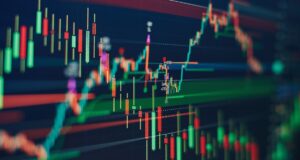
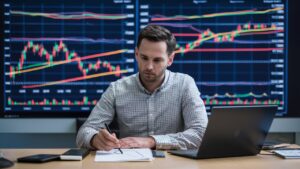


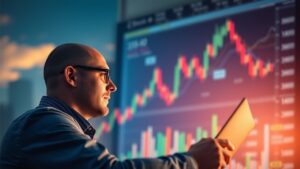
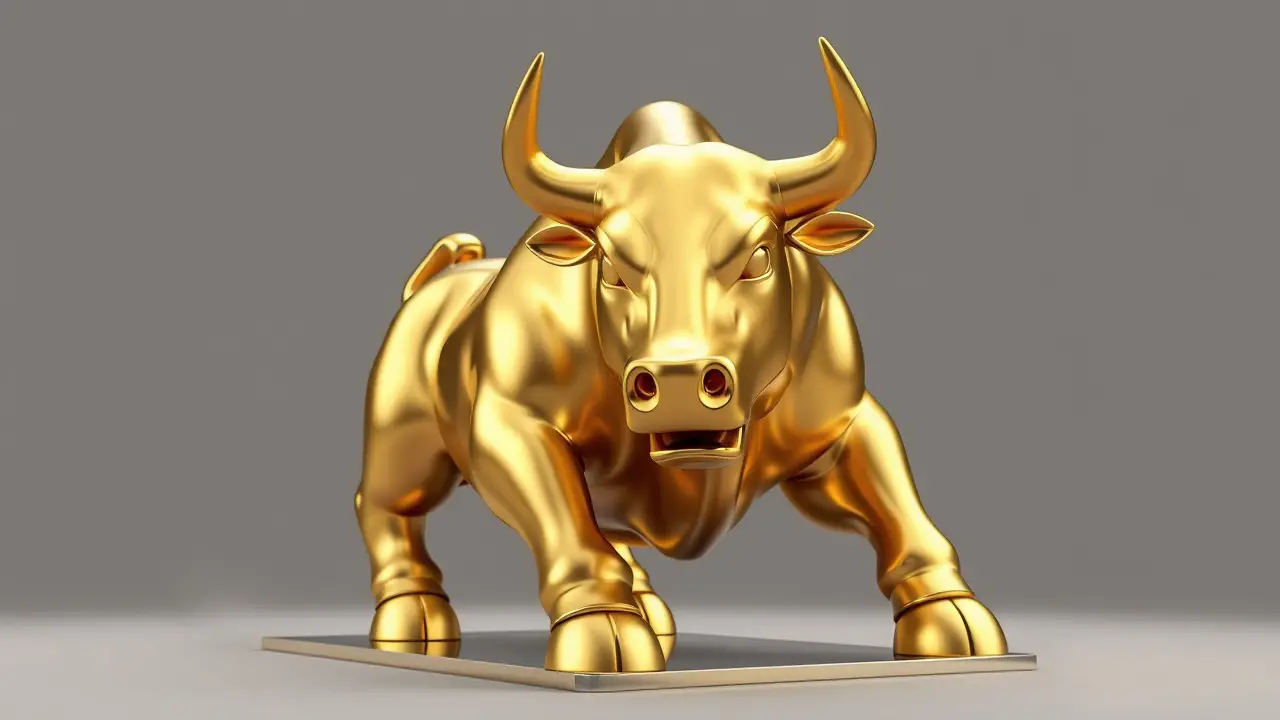
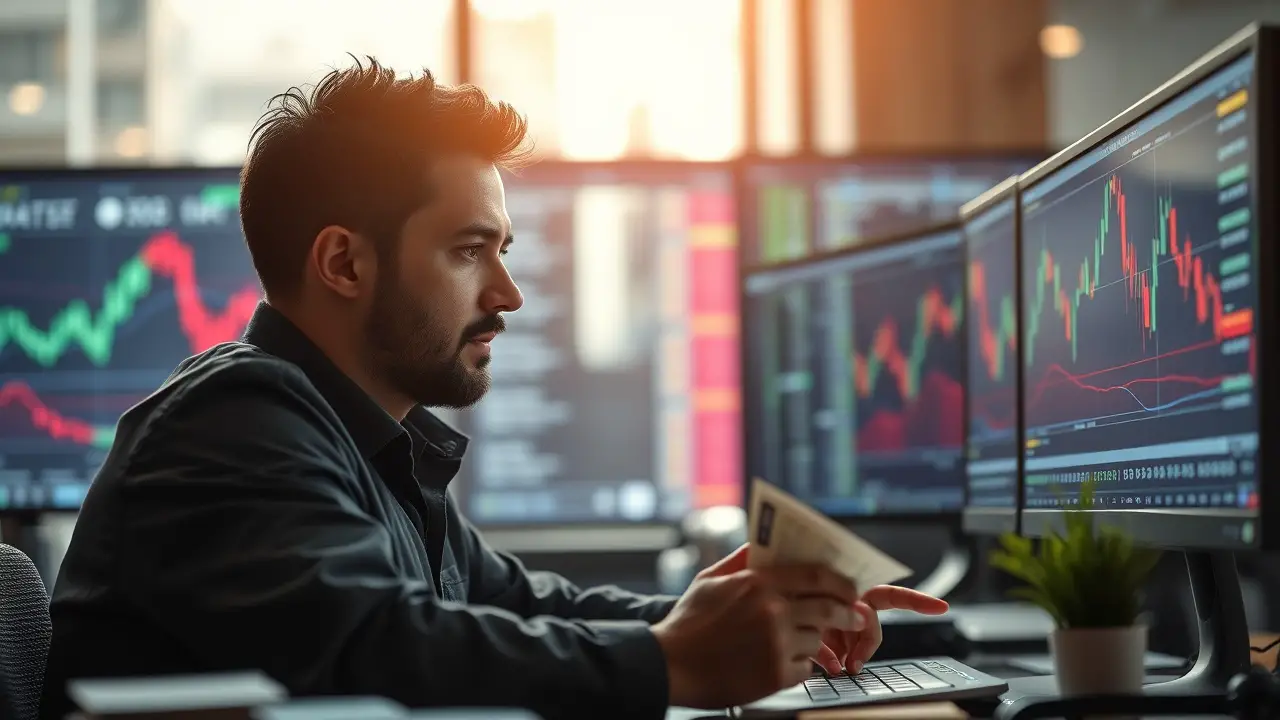

Leave a Reply